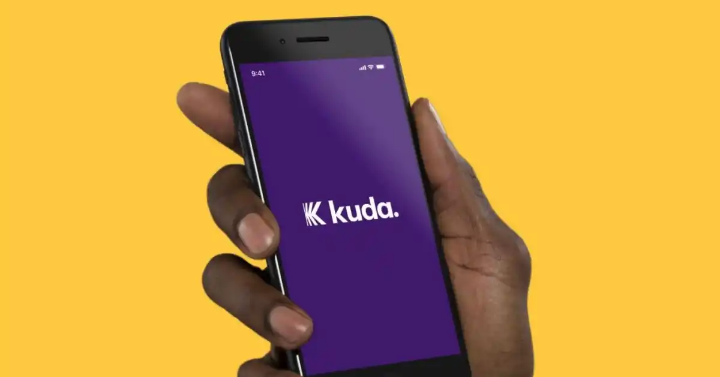Kuda, a London-based startup that operates in Nigeria and challenges incumbents with a mobile-first and personalised set of financial services, is expanding to the UK with a remittance product.
Since the digital bank’s debut in Nigeria in 2019, it has had some degree of success. In August of last year, Kuda announced a $55 million Series B investment in which it claimed to have up to 5 million users—more than three times as many as it had then. Kuda plans to expand this year into other African nations, including Ghana and Uganda. Although growth into those nations has not yet occurred, Kuda has chosen to begin in the United Kingdom; instead, a decision the business claims is a part of a significant worldwide expansion drive.
Kuda’s decision to relocate to the UK is simple to administer. Babs Ogundeyi and Musty Mustapha launched the U.K.-based fintech business, which provides financial services to Africans (beginning with Nigerians) both inside and outside Africa. As a result, its subsidiary, Kuda MFB Limited, facilitates the services offered to Nigerian users. The other subsidiary, Kuda EMI Limited, is in charge of the recently introduced services for Nigerians living in the United Kingdom, including remittance.
The second is that it makes business sense. Nigeria is the largest inbound remittance market in sub-Saharan Africa and one of the top 10 largest worldwide. By 2020, the remittance industry will be so large that it will contribute almost 4% of the nation’s GDP. However, sending money to Nigeria from countries like the U.S. and the U.K is still quite expensive. For instance, data shows that sending money to Nigeria from the U.K., which is the second-largest sender of remittances to Nigeria after the U.S. and is anticipated to send £3 billion annually, costs the sender 3.7% of the amount sent.
Read also: Kuda pledges to support SMEs in Nigeria to expand their business
Kuda’s Prompt to Service Nigerians in Diaspora
The majority of transactions in the U.K.-Nigeria corridor are still controlled by international money transfer companies like WorldRemit and Remitly, but African consumer fintechs are holding their thanks to the fees they charge, the majority of which are commissions from transactions on top of fluctuating exchange rates. Some of them are aggregator Zazuu, PayDay, Grey Finance, Lemonade Finance, Kyshi, NALA (U.K. to East African countries), and Lemonade Finance.
When questioned about Kuda’s move to a highly crowded money transfer industry, chief executive officer Ogundeyi said, “I don’t necessarily think it’s crowded because obviously, there are still a lot of challenges in remitting money to Africa, especially to Nigeria, which is still expensive.”
“But for us, it’s not just a remittance play. There’s a user experience, convenience and price factor involved too.”
To that purpose, Kuda is utilising an alternative strategy devoid of transaction costs. The fintech claims that it will enter the U.K. market with a £3 flat cost and a $10,000 transfer cap. According to Ogundeyi, Kuda anticipates that the majority of transactions made on its platform will cost between £350 and £500.
Other Offers from Kuda in Line with This Development
Kuda plans to offer direct debits and domestic transfers to Nigerians living in the UK in addition to remittances.
In the future. According to the strategy, the Nigerian-born fintech believes it has the resources to compete with rival neobanks like Revolut, Monzo, and Wise because it has secured more than $90 million from investors like Peter Thiel’s Valar Ventures and Target Global.
It remains to be seen if remittance, the low-hanging fruit, will be sufficient to drive long-term value and if it has enough pull to persuade users to use other services frequently. These platforms have built sticky features that have yielded strong adoption across various demographics in the U.K., including migrants like Nigerians, the niche population Kuda is targeting with its launch.
Kuda, like many neobanks, will rely on a third party, typically a banking-as-a-service platform, to deliver these financial services, unlike its remittance product, which may have been designed in-house. The platform at question for Kuda is called Modulr, an embedded payments platform for online merchants that provides a mobile wallet, digital and physical cards, local U.K. transfers, and direct debits.
Ogundeyi of the expansion said: “Ultimately, Kuda is building a one-stop shop for Africans, including other services outside remittance. And our plan is not just for Africa, but for Africans everywhere.”
“The U.K. is the first of the ‘outside of Africa’ destinations. We plan to be in other African countries and expand the remittance services to customers there and the diaspora market.”
